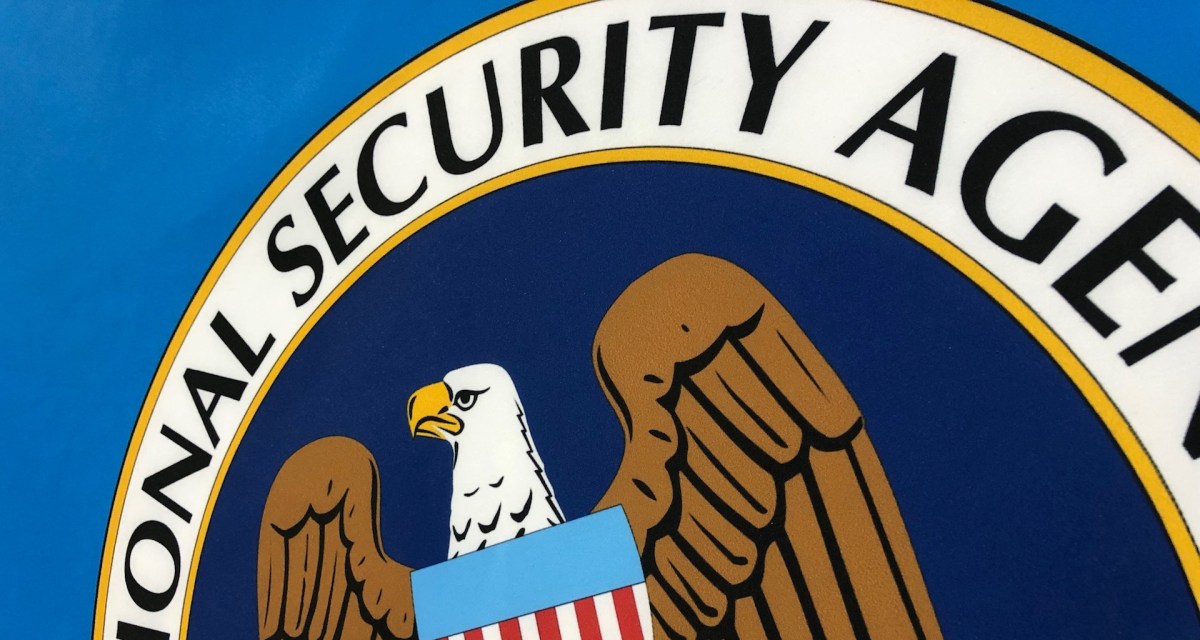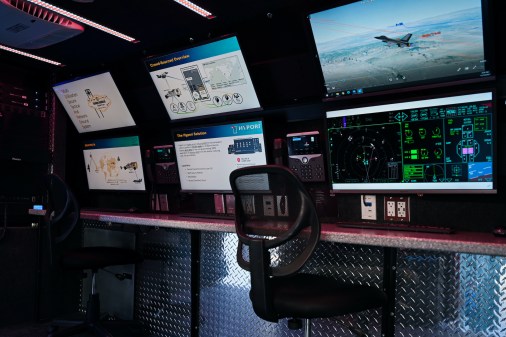NSA places greater focus on unclassified work in new physical, virtual hubs

One of the nation’s most secretive intelligence agencies is making a strategic effort to do more work in the open.
The National Security Agency has developed new physical and virtual workspaces to support collaboration around its unclassified work.
The agency, which historically focuses most of its work on highly classified mission sets, had been strategically developing these unclassified work environment spaces for a few years when the COVID-19 pandemic hit. The crisis forced the NSA to accelerate the launch of the hubs where NSA personnel and contractors can securely work together in-person and online on unclassified workloads, said Rebecca Guzman, who leads the rollout of the Unclassified Work Environment program.
“As we navigated the day-to-day realities of the pandemic, we really were focused on coming out with a better way of doing business after being forced to look at how resilient we were as an agency,” Guzman said Wednesday during Riverbed’s Network Transformation Summit, hosted by FedScoop. “So that’s been to establish a more agile, more efficient way to sustain our workforce, regardless of where they were coming from. And so as a result, we’ve created new unclassified options, both virtually and physically.”
The unclassified work environment allows the 70-year-old agency to do this type of widespread unclassified, off-site work for the first time ever, Guzman said. This is “really challenging for an organization that typically works in a highly classified mission.”
“This really represents a huge cultural change for the agency with a workforce that is used to providing protection for a lot of our classified information — it really isn’t embedded in our DNA,” she said. “And so as an agency, we’ve had more change in the last year than we have over the last 10 [years] in technology.”
In the physical collaboration spaces, NSA provides “modernized technology and smart devices to allow folks to have a space to be able to do some of that collaboration with partnership outside the agency,” Guzman said.
Initially, this was all the program was intended to be: a set of physical collaborative spaces. But the pandemic quickly showed the NSA that virtual work would soon become part of the new norm and that the unclassified work environment must reflect that while accelerating the work it already had underway.
NSA CIO Greg Smithberger teased some of these capabilities last summer during the peak of the pandemic, saying the agency was sifting through its less-sensitive mission sets to see what it could possibly move into an unclassified cloud environment appropriate for telework.
In addition to the cultural shift the new environment required, Guzman said it forced NSA to bring greater focus to using non-customized commercial technologies both for the speed of delivery and the collaborative utility inherent in off-the-shelf software.
“This was pivotal because we could not deliver these solutions if we were customizing and building them ourselves,” she said. “That also meant protecting and defending every endpoint of that ecosystem.”
NSA had thousands of personnel use the in-person and virtual environment throughout the pandemic with the intent to expand that moving forward. With this, the employees “can be and have been more productive,” Guzman said. “They’ve been able to engage with the workforce. We’ve had town halls where folks can really be reached right where they are. And they’re able to also collaborate with industry partners and work in a very hybrid collaboration environment that’s been really productive for us.”
Pandemic or not, this is a solution the NSA will need moving forward, Guzman said. The efforts “were not a COVID reaction, it has been an enduring, fundamental change in our approach and how we enrich mission. Thanks to the efforts across the agency and industry partners, we now have lots of folks working from the office, from home and really wherever they are, jumping in to really add that value.






